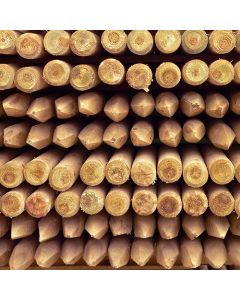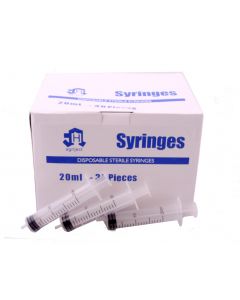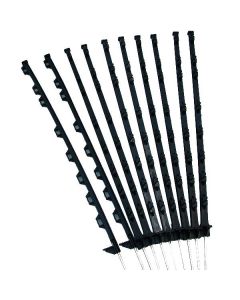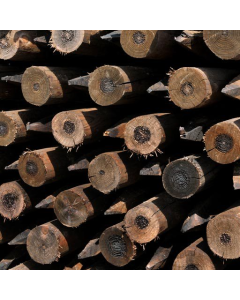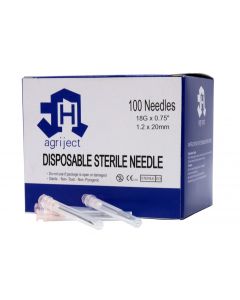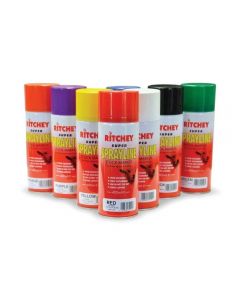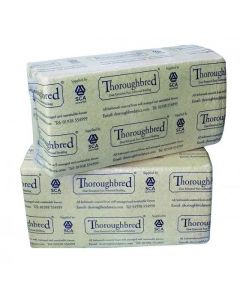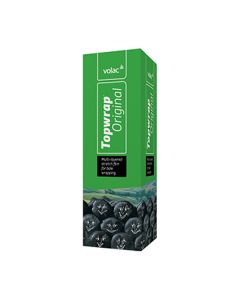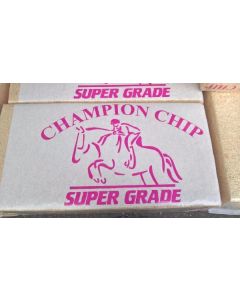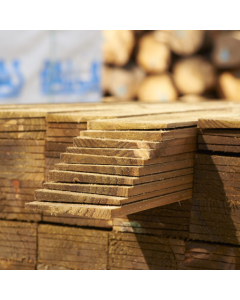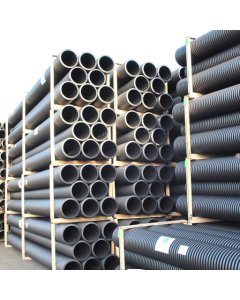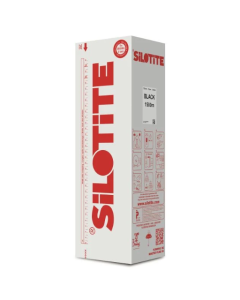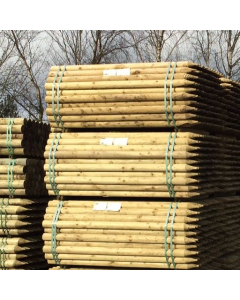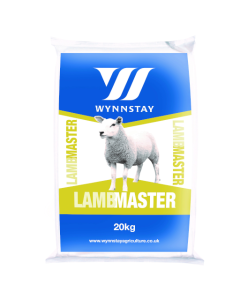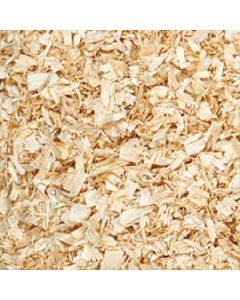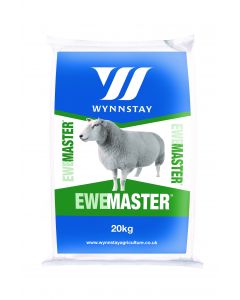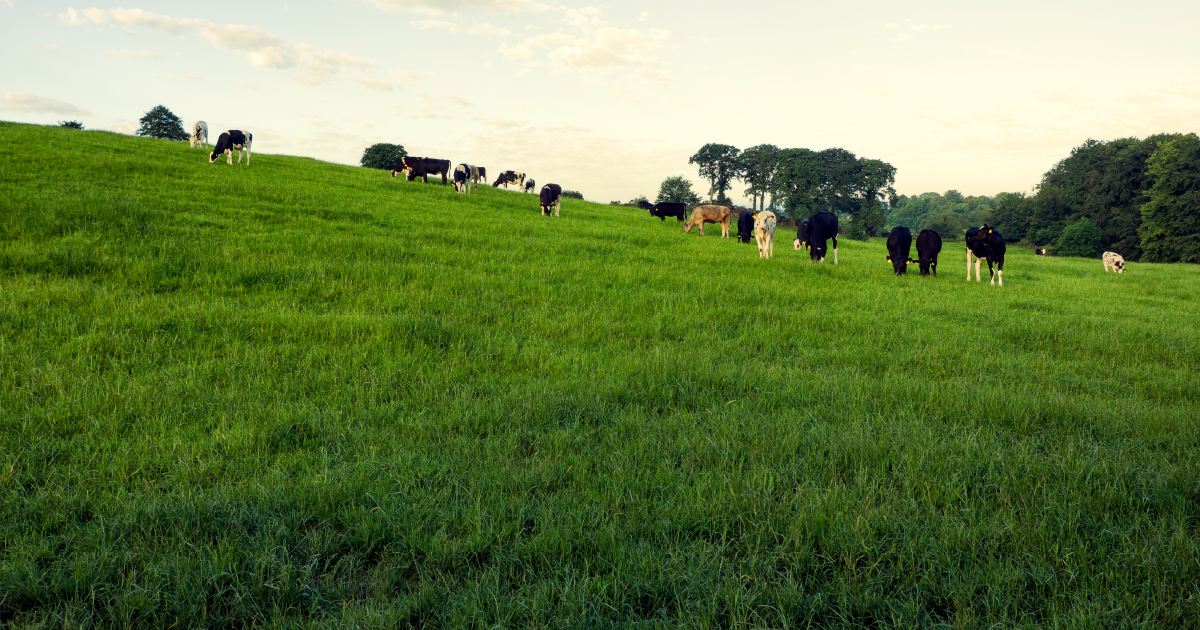How to look after a new puppy
-

- 2 Mar 2023
- 0 Comments

The lead-up to the arrival of your new puppy is always an exciting time, but ensuring you carry out all the necessary research on your puppy’s breed and needs is essential. The new four-legged family member will need the best start to grow into a healthy and happy dog, and you will be responsible for this. Making sure you are prepared with all the necessities prior to your puppy's arrival can help with the settling in process and create a more enjoyable introduction to your puppy's new life.
8 essentials for your puppy's arrival
Before the arrival of your new four-legged friend, make sure you have everything prepared and ready. Ensuring you have the basic supplies before your puppy arrives will make it easier for your puppy to settle in quickly.
- A comfy bed, blankets, and a crate in a quiet, draught-free area for your puppy to sleep.
- Clean water and food bowl away from where they will be sleeping.
- Collar with a tag (which is a legal requirement), a lead and harness.
- In the car, a restraint needs to be available for your puppy to travel safely.
- Toys! Lots of toys should be in a safe area for your puppy to play with.
- Puppy pads and poo bags are needed especially for toilet training.
- Brushes and puppy shampoo.
- Finally, your puppy will need a complete feed.
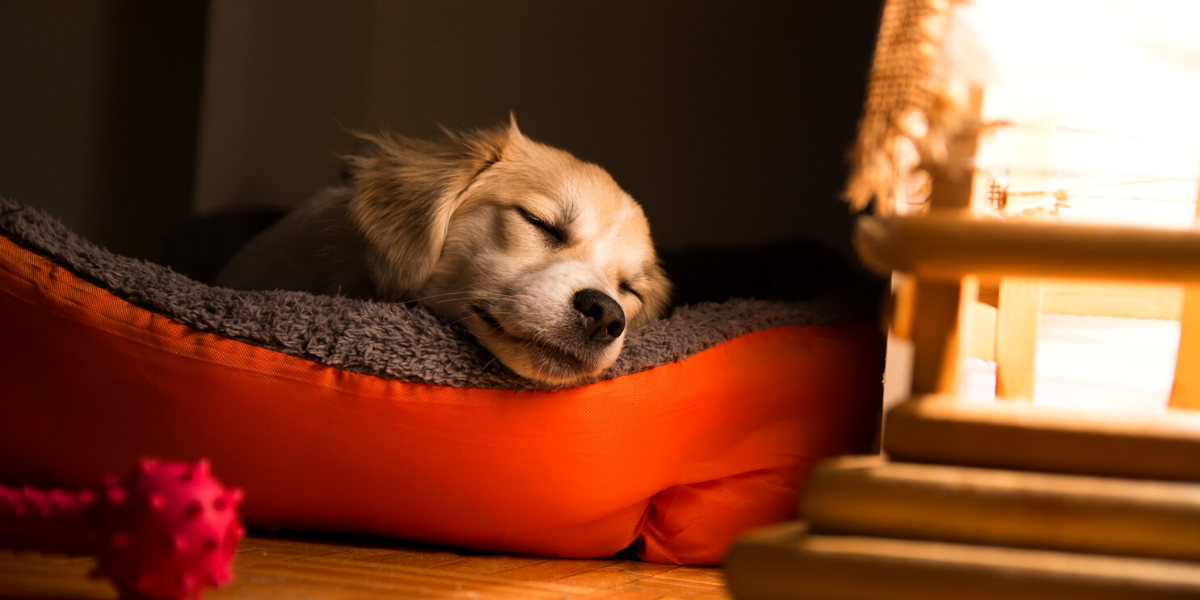

What should your puppy be eating?
It can be difficult to decide what type of food you are going to feed your puppy when they first arrive, but it is important that they consume the correct food. Ensuring you are providing feed to support your puppy’s nutrient requirements will aid with growth and maintaining a healthy weight. It is always good to speak to the breeder and continue with their current feed. However, if you want to change your puppy's diet or are unsure, seek advice from a vet and gradually introduce the new food to avoid any upset bellies.
When browsing for your new food, make sure you are looking for puppy-specific complete feeds, this is to ensure the correct ingredients are being gained to support the requirements of your growing puppy.
- Vital vitamins, minerals, and nutrients will support your puppy’s teeth, bones, and coat.
- Extra calories are needed to aid the energy requirements of your energetic puppy.
- Additional protein is important for healthy growth at this early stage in life.
- Lastly, the food will be shaped into smaller bite-sized pieces to help your puppy easily break down and swallow their meals.
When it comes to portion sizes and what time your puppy needs feeding, this all comes down to a routine. Ensuring you have a set routine in place is very important for your puppy, as they can quickly learn when and where they should be eating. The portion sizes your puppy will consume varies with age, and veterinarians can advise these with regards to the size and breed of your puppy. A feeding guide will be shown on your chosen puppy food packaging, referencing the weight of food to the weight of your puppy.
Top tips for feeding your puppy:
- Weigh your puppy regularly so you can alter their food intake to aid with a healthy growth rate.
- When treating, make sure it is part of your puppy’s daily food consumption to avoid overfeeding.
- Provide a feeding area for your puppy which is easy to clean and away from any distractions.
- If feeding wet food, always feed at room temperature, then refrigerate and use within 24 hours of opening.


What exercise does your puppy need?
Puppies will always love to play when they are not sleeping, so providing an enriched area with plenty of toys for them to play with in their own time is the best way to stimulate and entertain them. However, when it comes to exercise, this will increase with age. As a rule, your puppy should only exercise 5 minutes at a time, twice a day. This 5 minutes will increase with each month of your puppy’s age; at 5 months your puppy can be exercised for 25 minutes, twice a day.
The exercise you provide for your puppy will also depend on their needs, if your puppy is growing and showing increased signs of needed exercise, you can appropriately increase their daily routine. Make sure you are not over-exercising your puppy though, when they are showing signs of tiredness, allow them to rest.
Remember: Before you begin your puppy’s exercise routines outside of the house, make sure they are vaccinated and kept fully up to date to keep them safe.
Puppy training
Basic training for your new puppy is vital from the beginning. Starting from a young age will help both you and your puppy when you head out into the big world and are faced with many new distractions.
Toilet training is the first thing your puppy should learn as soon as they arrive. Encouraging them to go to the loo in the garden after any meals or naps will quickly teach them that they need to go outdoors. Always make sure they are positively rewarded with a treat when they do go outside will reinforce this behaviour and allow your puppy to associate going out to the toilet as a good thing. Never tell your puppy off if they do have an accident indoors, just quickly move them outside and reward them when they have finished. For the first few months of training, puppy pads can be used for easy cleanup and to encourage any accidents onto the pad rather than on the floor.
During any training process, whether that be toilet training or learning to sit, positive reinforcement should be used with any aged puppy. Never get angry and shout as they will not understand and may get scared. When they show bad behaviour, try clapping your hands to get their attention and then move them away from the area. When your puppy has shown good behaviour during training, always praise them to encourage good habits.
Top tip: Puppy training classes are available if you are unsure of what you should be doing to teach your puppy.

